
A four-day capacity workshop for African women to strengthen their voice, role and contribution in shaping policies and decisions in macro economy is currently underway in Accra.
It brought together 25 African feminist activists and movement leaders drawn from 48 African countries to share information, experiences, ideas and strategies among African women's non-governmental organisations (NGOs).
The workshop, organised by African Women's Development and Communication Network (FEMNET), is dubbed, FEMNET 2019 African Feminist Macroeconomic Academy (AFMA), and is under the theme, 'Maximising finance for development- but for whom'.
Speaking to the media on the sidelines of the event, the Executive Director of FEMNET, Ms Memory Zande Kachambwa, said the workshop was particularly aimed at helping women appreciate how macroeconomic policies shape the lives of women and how they could influence and shape policies at the local level.
She said there still remained limited exposure, skills, tools to analyse, influence fiscal and wider macroeconomic policies from a feminist perspective, although a number of women's right organisations were seen advocating women's economic justice and empowerment.
Ms Kachambwa said there was scarcity of contextualised information and knowledge based on feminist analysis of critical macroeconmic policy issues and processes such as illicit financial flows, informal trade, unpaid care work, decent work and tax justice to inform strategies for advocacy for women's economic justice.
"As a result, efforts by women's movement and women's rights activists in the region largely focus on responding to the impacts that these macroeconomic policies and processes have on women," she stated.
The Head of Advocacy and Ecomomic Justice Lead at FEMNET, Crystal Simeoni, said this year's edition would introduce participants to the concept of financialisation; which had been described as the increasing role of financial motives markets, actors and institutions in the operation of domestic and international economies.
According to Ms Simeoni, there was the need to shift away from dealing with the immediate hardships that women faced to addressing structural barriers in Africa.
She said the lack of economic autonomy among African women had the least traction in the past two decades continentally, and as a result, women continued to be affected by poverty, unemployment and inequality.
Ms Simeoni said women activists have had limited capacities to meaningfully participate in and influence the macroeconomic policy making processes and spaces, and as such, the resultant policies had not been gender responsive.
To address these challenges, Ms Simeoni said there was the need to invest in building the capacity of women to actively participate in the formulation of inclusive economic and development policies.
She indicated that there was the need for women to effectively engage with and influence macroeconomic policies since they shape and have direct impact on access to economic opportunities and resources, including limited participation in leadership and politics, access to sexual and reproductive rights.
Read Full Story
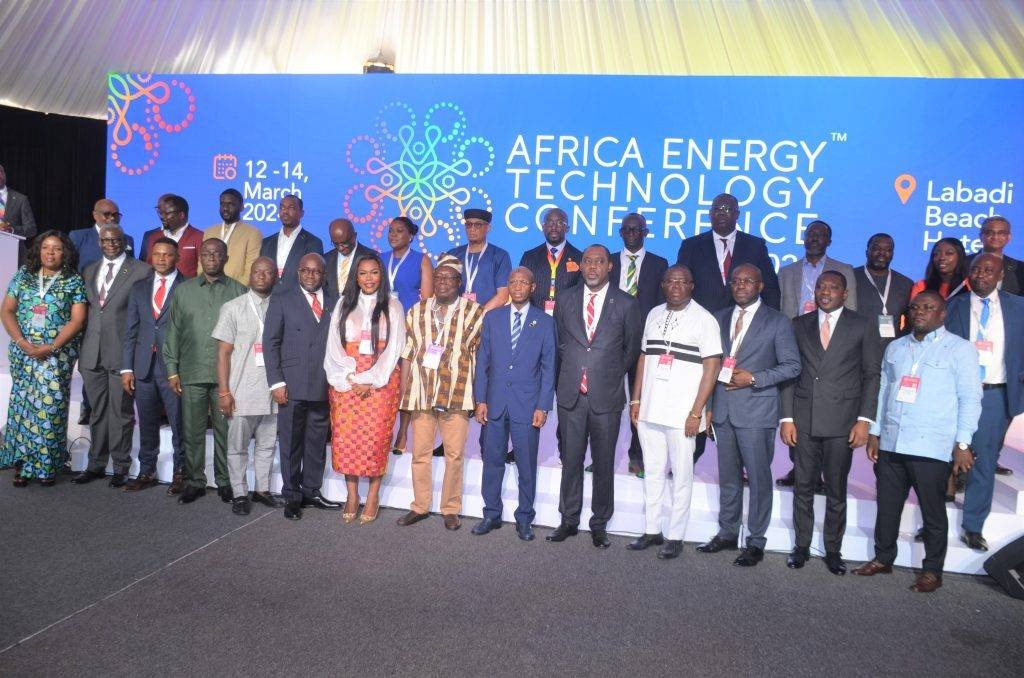
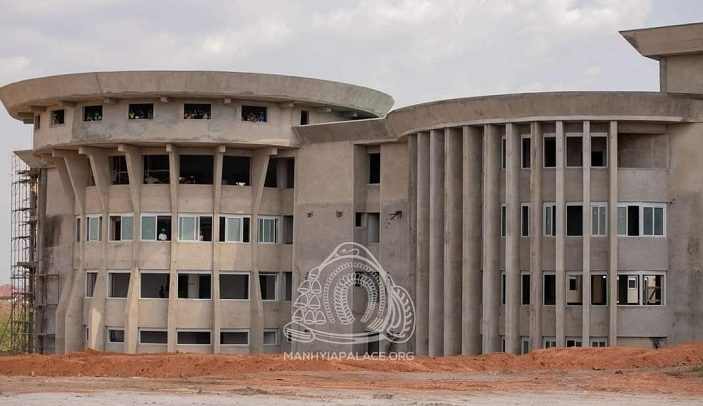
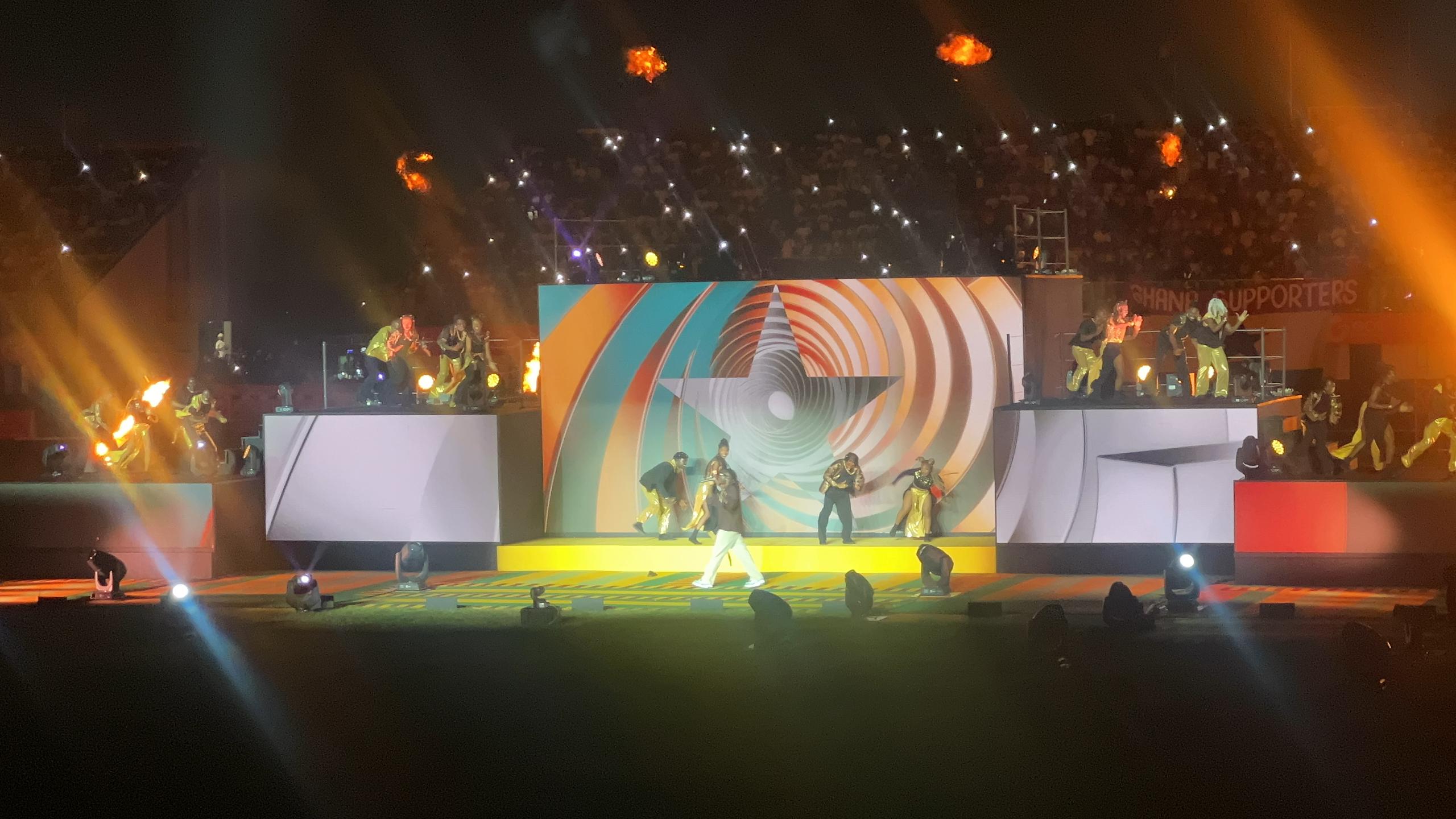
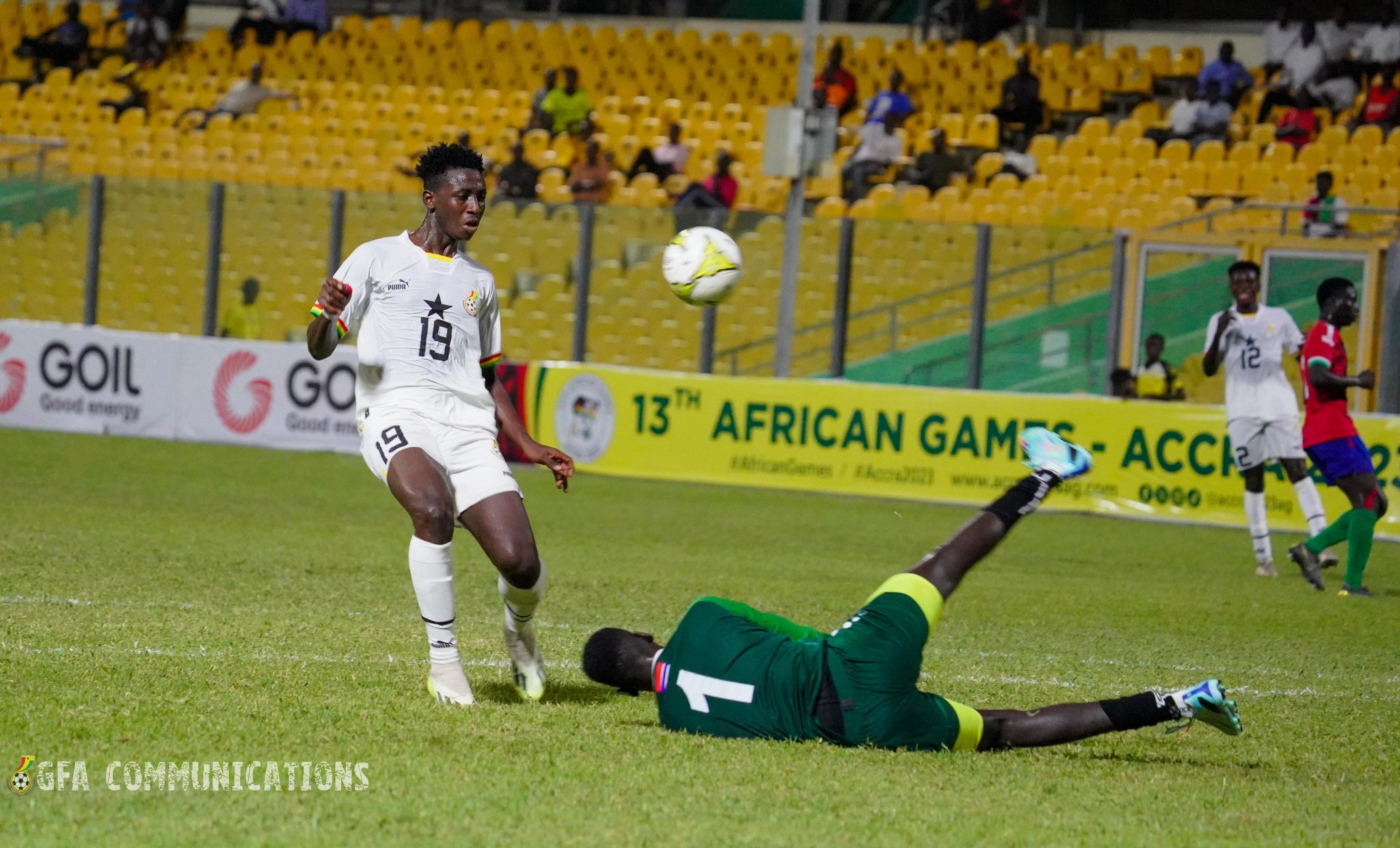



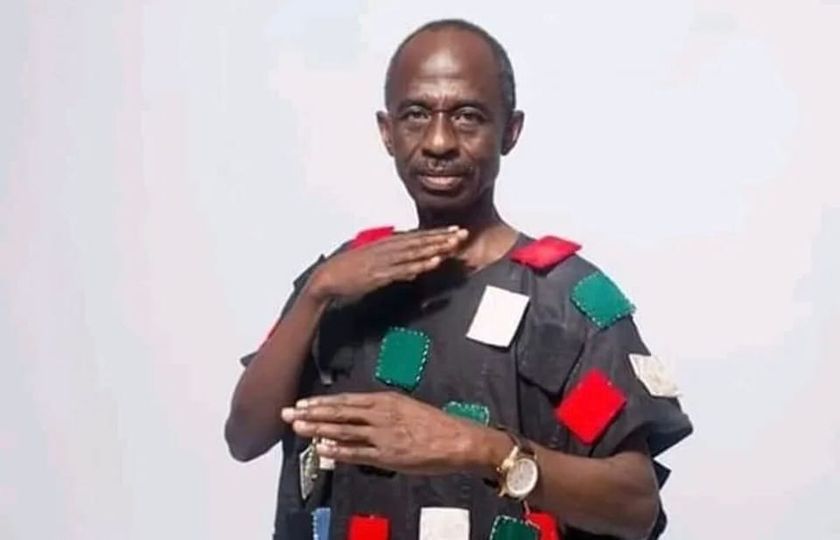


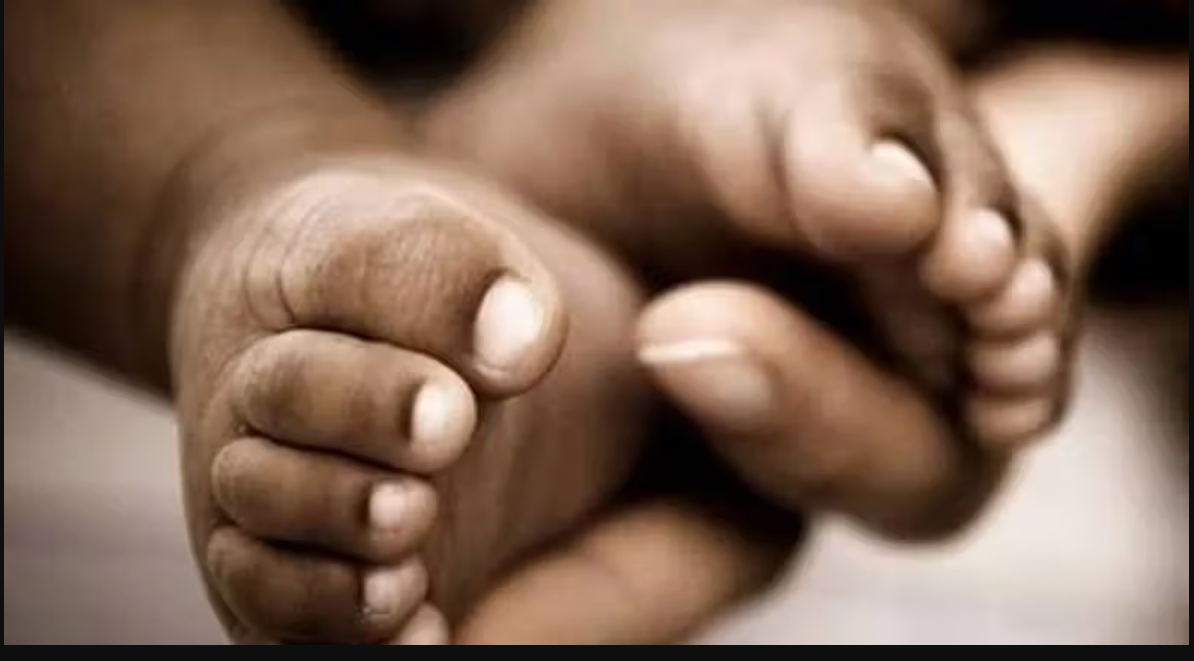



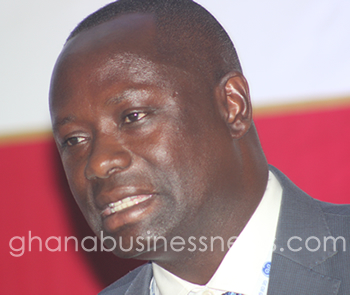





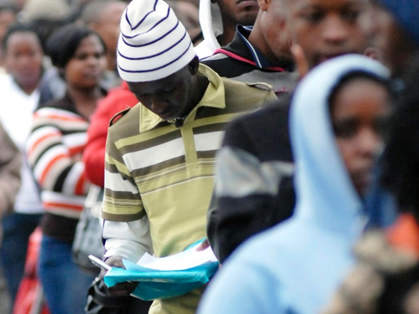



Facebook
Twitter
Pinterest
Instagram
Google+
YouTube
LinkedIn
RSS